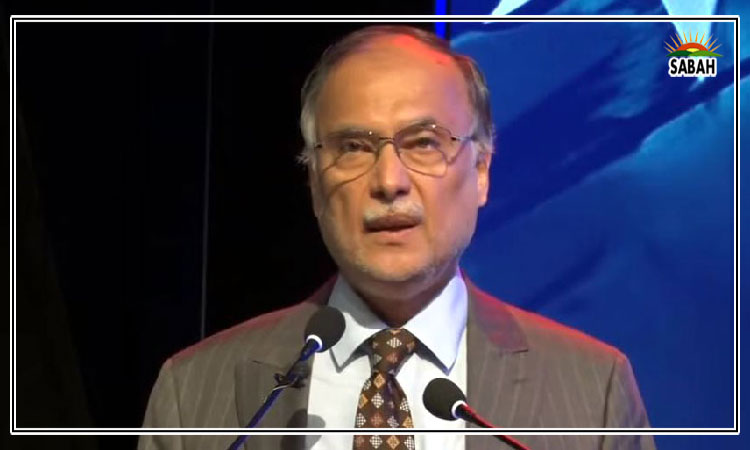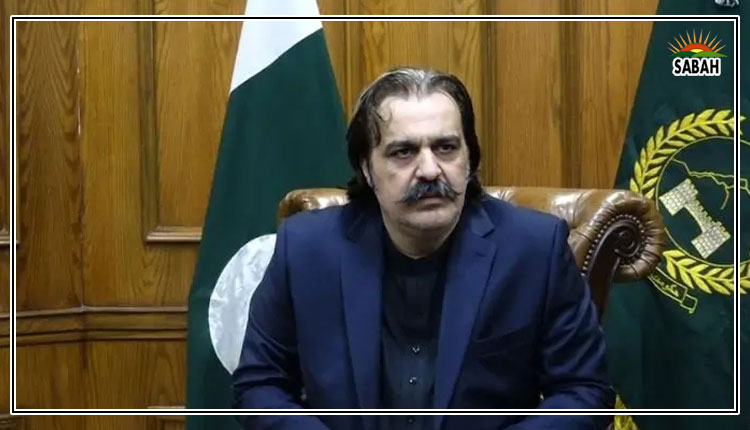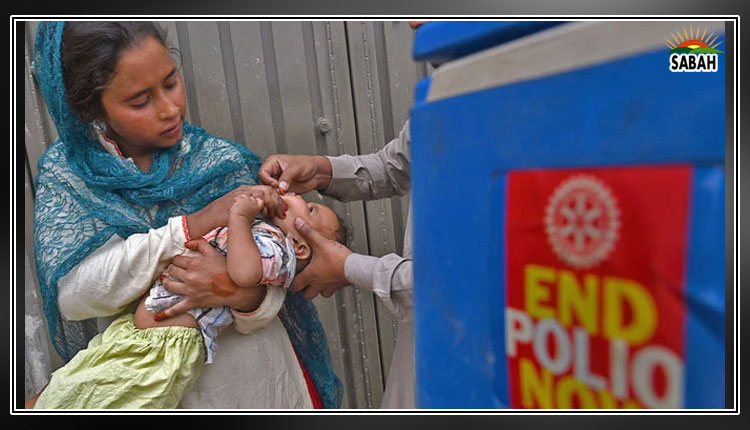Pakistan’s renewed polio fight … Ayesha Raza Farooq
Three decades into the global efforts to eradicate it, the wild poliovirus (WPV) remains an ever-present threat to Pakistani children. This year, 39 children are affected, and the virus has been detected from over 400 sewage samples infecting 71 districts. The current intensity of virus circulation poses a serious threat to our children’s well-being nationwide.
Marked with many sacrifices, the country’s journey towards zero polio has been quite tortuous. There have been times when we seemed really close to polio eradication – once in 2017, when we had eight cases, and again in 2021, when only one child was affected. When 15 months went by without any case in 2021-22, disease elimination looked very probable. Nevertheless, the cunning virus managed to survive, causing a localised outbreak in southern Khyber Pakhtunkhwa in 2022.
The current virus surge started in the second half of 2023 after reintroduction of a virus cluster circulating across the border in Afghanistan. The frequency of environmental isolations kept increasing, reinfecting all three traditional core reservoirs of Karachi, Quetta block and Peshawar-Khyber that serve as ‘engines of transmission’ hosting, multiplying and efficiently exporting the virus to the rest of Pakistan. Thereon, the intensity of circulation has kept increasing with a dramatic rise in 2024.
What happened in the past two years to bring us from the verge of polio interruption to this current situation? There are, of course, several reasons.
When there were long periods of no virus detections elsewhere, the country programme shifted its focus to the sole endemic zone of southern KP to aggressively wipe out the virus. The shift was well-meaning, but the cunningness of the virus was underestimated elsewhere. Amidst persistent low routine immunisation in many zones, instead of responding to the risk, the programme opted instead to respond to the virus.
An unfortunate complacency also set in the virus-free areas, leading to poor programme oversight, performance management and accountability. Lack of adequate supervision to the frontline workers and half-hearted community engagement efforts ushered in an inconsistent campaign quality, hidden missed children, fake vaccinations, and inaccurate data reporting. With a large birth cohort of around eight million, the population immunity kept diluting. The cunning virus was delightfully watching all these developments and cashed in on the opportunity to travel in the guts of high-risk mobile and migrant populations to spread to every nook and corner of the country.
Persistent vaccine refusals fueled by misconceptions and community resistance, especially in high-risk areas like southern KP and Balochistan, community boycotts, lack of access due to insecurity, and critically low routine immunisation rates left too many children without enough immunity to fight off a polio infection. The virus was cordially received and hosted by these pockets letting it survive and spread to previously uninfected areas.
Understanding the need for renewed focus, the government reinvigorated polio eradication efforts with Prime Minister Shehbaz Sharif personally stepping in. A government-accountable senior officer was appointed to lead the NEOC, while the prime minister again tasked me as his focal person for polio eradication, leveraging my experience in this role earlier.
Proceeding systematically, a forensic analysis of the current polio surge has been undertaken along with provinces to identify the determinants and deliberate solutions to obstacles on ground. Restoring the ‘One Team’ approach, the programme has been reset to an emergency mode of working where decision-making is driven by science and data. Seamless coordination with provinces and other stakeholders has been restored with a focus on real-time oversight, management and accountability.
Polio eradication is a national priority agenda across the political divide. Political commitment and ownership have never been higher. We are witnessing this ownership in the form of regular provincial task force meetings and stock takes by the highest political and administrative leadership across all provinces.
To move forward, we had to first look back and analyse what worked for us in the past and where we fell short. We invited all provinces for consultation, leading to the development of a comprehensive framework, dubbed the 2-4-6 roadmap. After a gap of about three years, the National Emergency Action Plan 2024-25 (NEAP)– the critical document that outlines our strategies to interrupt WPV transmission – was finalised.
While plugging the widespread immunity gap through repeatedly vaccinating all vulnerable children remains key to our success, NEAP 2024-25 also envisages implementing locally tailored solutions to the current challenges, expanding partnerships and using an integrated approach to address issues of WASH and malnutrition in key pockets of concern.
Implementation of this roadmap began in July and August, where we worked to reset all major components of the programme, to identify and plug the gaps, and bring them to eradication level. From poliovirus surveillance to communications and management and operations, all areas have been strengthened and revitalised, more importantly using a bottom-up approach.
We started the battle against WPV afresh with the second phase of the roadmap in September with a large-scale sub-national polio campaign that reached over 33 million children in 115 districts. By the end of December, two more high-quality campaigns will be conducted to build strong population immunity and contain the virus to confined pockets.
The aim is to synchronise these campaigns with Afghanistan, our other endemic neighbour, to ensure population immunity across the region. To maintain transparency and integrity, we are engaging candidly with the media and communities to build support for vaccination. In the third phase, from January onwards, our focus will be on mapping the remaining virus hideouts and enhancing vaccination there to interrupt transmission by mid-2025.
Our sights are set on gaining back the ground that we have lost but let us not forget the human lives that are affected. Of the 39 children affected this year, 23 were zero dose for routine immunisation, while six had not received any polio vaccine in campaigns. How unfortunate is it that these children have lost the opportunity to live their lives to the fullest through no fault of their own?
We see that parents’ decisions to not vaccinate their children, based on misconceptions or misguided beliefs, have left them vulnerable to a disease that can be so easily prevented. As parents, we must do better for our children. Instead of choosing to believe in misinformation, we must do our due diligence and search out accurate information based on scientific evidence that vaccines save lives.
No conversation about polio can be complete without remembering our valiant frontline workers – the angels that bring health to our doorsteps to keep our children safe. I am in awe of the dedication and resilience of these individuals, many of whom are women, who brave tough conditions, social pressures and even security threats to ensure a safe and healthier future for our next generations.
Every polio campaign is an opportunity for each one of us to welcome them amidst us and provide a safe and respectable work environment for them. I am also grateful for the incredible support provided by law-enforcement agencies in some of the most high-risk security-compromised regions.
For us, World Polio Day – observed on October 24 – is not just a reminder of the importance of ensuring vaccination for every child, it is also an opportunity to pay tribute to our polio heroes. This year, World Polio Day has been particularly important as it coincides with a crucial nationwide polio campaign.
Beginning next week, polio workers will travel the length and breadth of the country to protect over 45 million children against paralytic polio. With the virus rampant, no child anywhere is safe until every child in your house and neighbourhood is vaccinated. Parents must make the right decision now to vaccinate not only their own children but also those around them because no one is safe till everyone is safe.
A polio-free future is the right of our current and future generations. It is an obligation that every Pakistani must fulfill without failing. I would, therefore, end my submission by urging all segments of society to join hands to actualise the dream of a polio-free Pakistan and the world.












